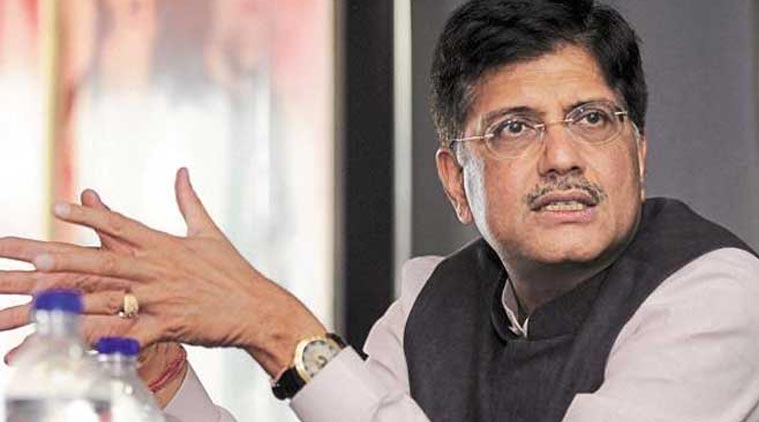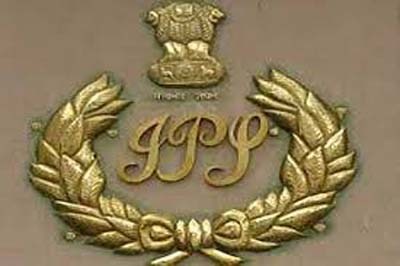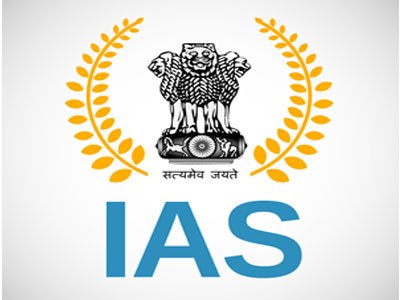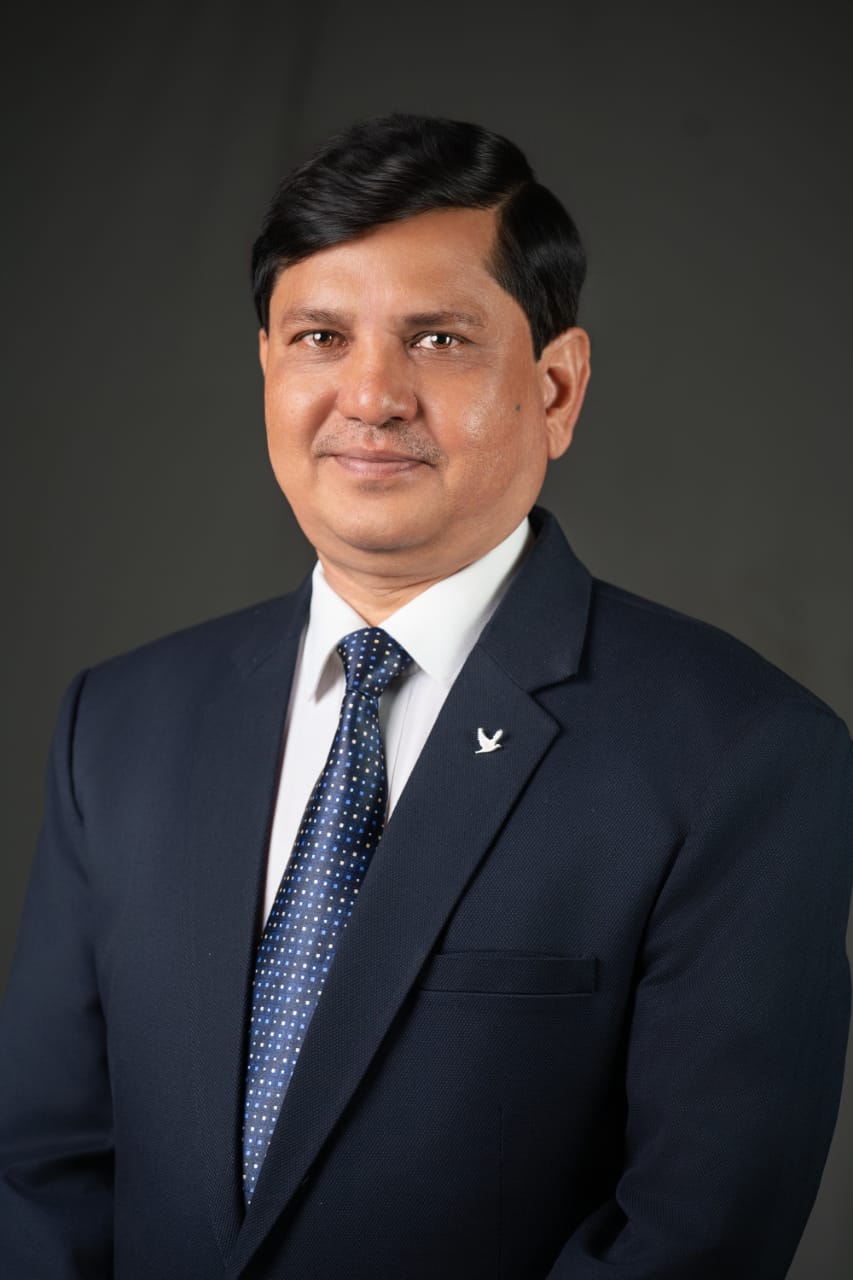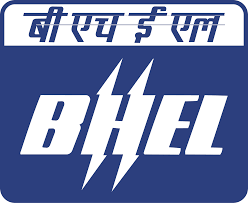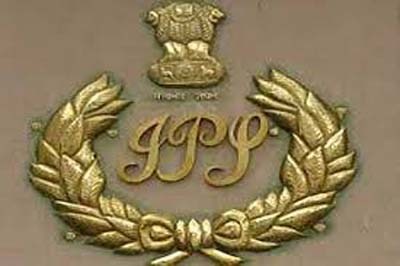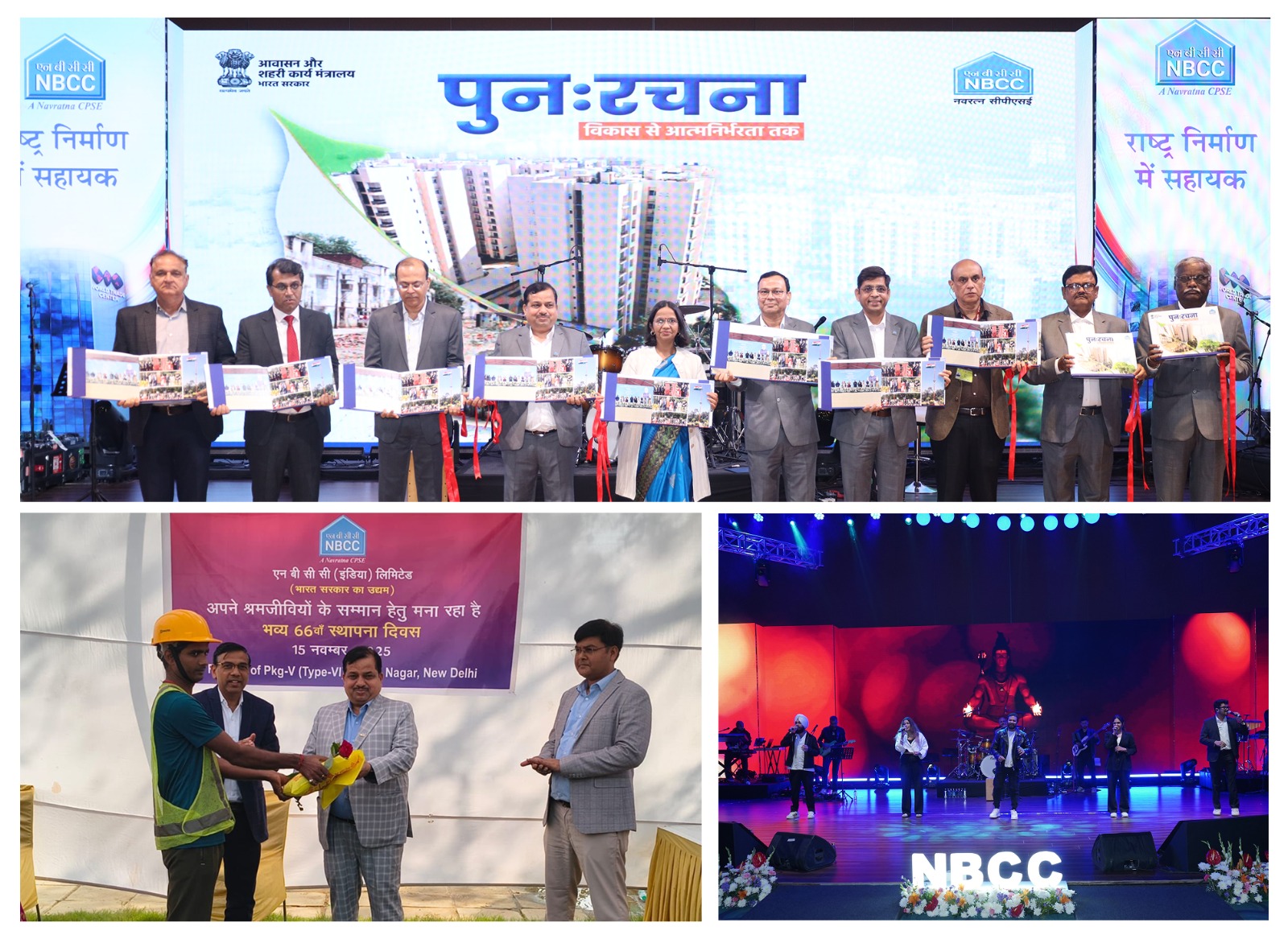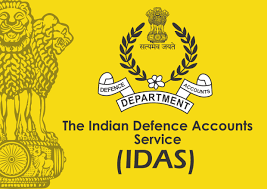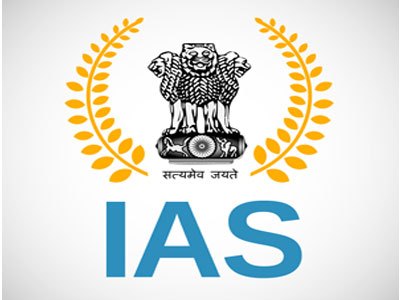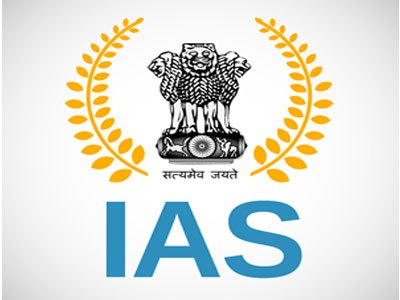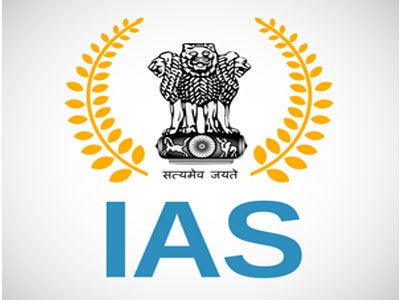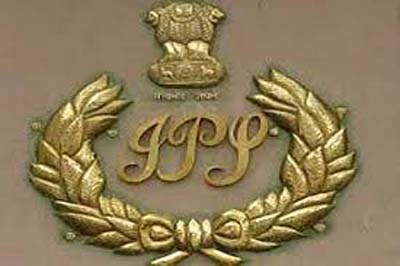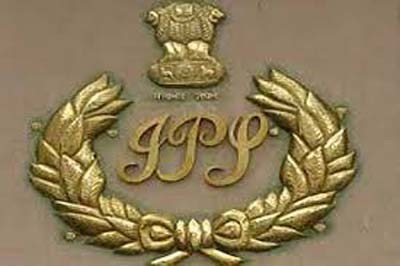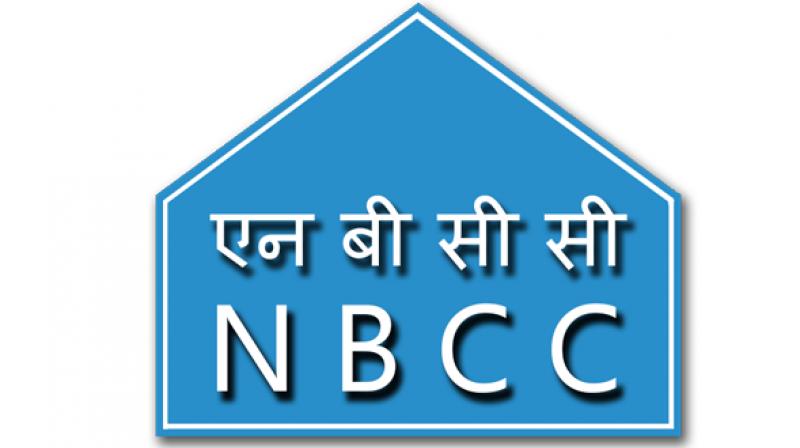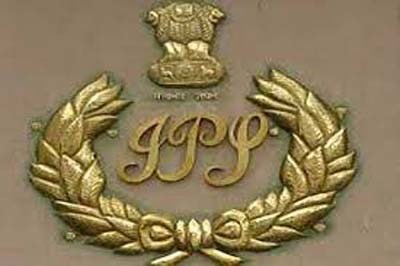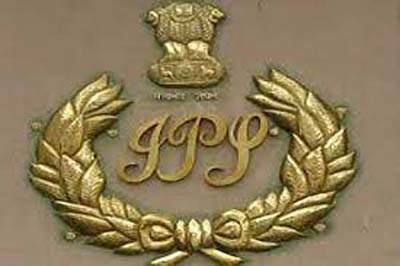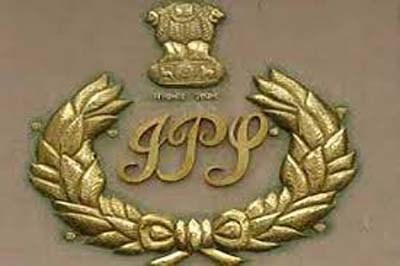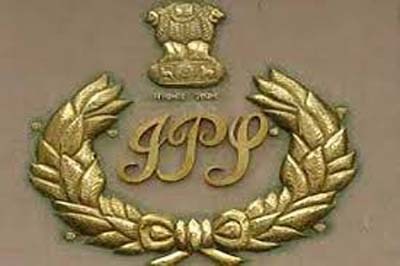Piyush Goyal, emphasized the Central Government’s commitment to supporting States and Union Territories in ensuring that high-quality products reach consumers across the country while addressing the second edition of Udyog Samagam 2025, organised by the Department for Promotion of Industry and Internal Trade (DPIIT).
The Minister stated that Quality Control Orders (QCOs) are being implemented to make superior-quality products available to consumers and to promote a culture of quality in manufacturing. Citing the success of QCOs on toys and plywood, he noted that such measures have strengthened Indian industries while curbing substandard imports.
The conference brought together Industries and Commerce Ministers from 14 States and Union Territories, senior officials, and industry representatives to review progress under the Business Reforms Action Plan (BRAP) 2024 and felicitate the best-performing States and UTs.
The Minister highlighted the importance of strong Centre–State collaboration in driving industrial growth. He said that every State in India has developed good practices that can serve as models for others, and by learning from one another, the nation can accelerate industrial progress. Shri Goyal encouraged States and Union Territories to establish third-party mechanisms to effectively implement and monitor industrial incentives, ensuring timely disbursement and execution to maintain industry confidence.
He underscored that a strong partnership between industry and government is vital for economic growth, emphasizing law and order, time-bound approvals, and minimal physical interface. Appreciating Madhya Pradesh’s model of providing ready-built industrial facilities at nominal rates—which has generated lakhs of jobs—he urged other States to adopt similar approaches. He also suggested the use of escrow and RBI-linked mechanisms for incentive payments, competitive power tariffs, and self-certification systems to build trust and improve ease of doing business.
Reiterating that sustainability is the key to future growth, Shri Goyal called for the active participation of States and Union Territories in ensuring that all industrial efforts align with environmental protection. Referring to Prime Minister Narendra Modi’s motto of “Zero Effect, Zero Defect,” he urged industries to adopt sustainable manufacturing practices that minimize environmental impact while maintaining the highest standards of quality.
Citing the example of the fisheries sector under the PM Matsya Sampada Yojana, Shri Goyal noted the government’s efforts in supporting cold storage and cooperative-based purchase of deep-sea vessels through financial assistance. He further encouraged States to focus on innovation, skill development, women’s participation, startups, and deep-tech enterprises. He added that India’s new Free Trade Agreements with developed nations will safeguard the interests of farmers, manufacturers, and all stakeholders while opening new avenues for growth.
The programme opened with remarks by Secretary, DPIIT, Shri Amardeep Singh Bhatia, who noted that BRAP has evolved into one of the most comprehensive sub-national reform exercises globally and that the reform process has deepened across the country under BRAP 2024. The event was also addressed by the Chief Minister of Madhya Pradesh as well as industry and State leaders, who acknowledged the progress achieved through collaborative reform efforts.
At Udyog Samagam 2025, States and UTs were felicitated for excellence under BRAP 2024 across 25 reform areas, showcasing the depth and impact of reforms across domains such as Business Entry, Construction Permits, Labour Regulation Enablers, Land Administration, Environment Registration, Utility Permits, Services Sector, and Sector-Specific Services. Uttarakhand and Punjab were recognised as top achievers across five reform areas. Andhra Pradesh, West Bengal, Jammu & Kashmir, Kerala, Tamil Nadu, Madhya Pradesh, Telangana, Rajasthan, Jharkhand, and Chhattisgarh were top achievers across four reform areas. Maharashtra, Assam, Himachal Pradesh, Haryana, Odisha, and Uttar Pradesh were recognised as top achievers across three reform areas. Gujarat, Karnataka, and Tripura were top achievers across two reform areas, while Goa and Meghalaya were recognised across one reform area. DPIIT also presented the BRAP 2024 State Categories reflecting the broader Ease of Doing Business and compliance landscape.
Under Category Y (States/UTs with established business systems), fast movers were Odisha, Punjab, Andhra Pradesh, Rajasthan, Madhya Pradesh, Kerala, Assam, Uttarakhand, Jammu & Kashmir, and Karnataka. Aspirers under Category Y included West Bengal, Tamil Nadu, Maharashtra, Gujarat, Uttar Pradesh, Chhattisgarh, Haryana, Telangana, Jharkhand, Himachal Pradesh, Goa, Bihar, and Delhi. Under Category X (North-Eastern States and UTs with developing systems), all States/UTs were classified as Aspirers, namely Tripura, Meghalaya, Chandigarh, Dadra & Nagar Haveli and Daman & Diu, Andaman & Nicobar Islands, Puducherry, Nagaland, Arunachal Pradesh, Mizoram, Sikkim, Lakshadweep, and Manipur. “Top Achiever” refers to States and UTs securing a score above 90 percent, indicating consistent implementation of reforms, fully functional systems, and strong user validation.
